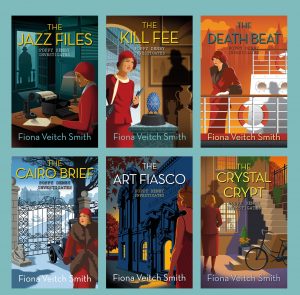Many students on my writing courses think that only three rewrites of a piece of work are necessary: the first draft which gets the story down, the second draft which then tidies and tightens the story then the third draft which is essentially an edit. However, most professional writers know that if you can get away with three drafts, you’re lucky!
I’m currently working on the seventh draft of my play Marathon. This is not because I don’t know when to stop – I thought I had ‘cracked’ it with draft six – but after feedback from a theatre group at a staged reading I realised the story of my heroine Stamata Revithi needed to start earlier and take a slightly different direction.
I know this seventh rewrite will not be the last as now that the story is being reshaped it will need further work. However, I’m encouraged to keep going with it as there is talk that it might actually get presented on the day the Olympic Torch passes through the North East of England.
Writing is a marathon, not a sprint.



 Well, TV anyway … hopefully …
Well, TV anyway … hopefully …